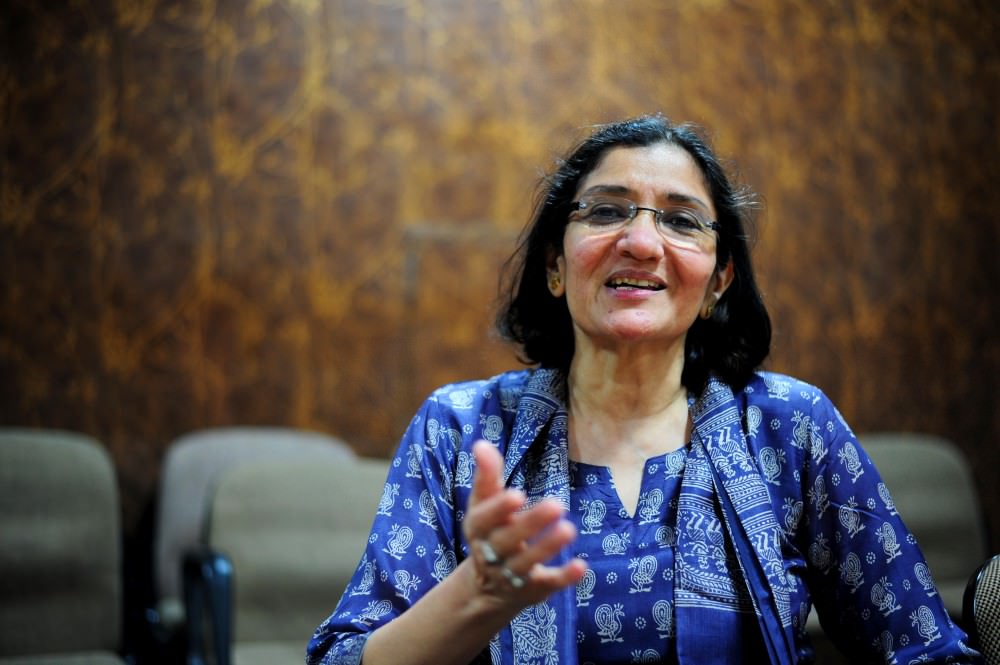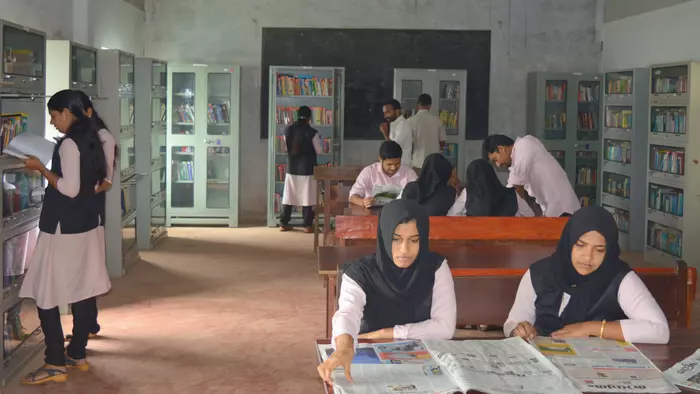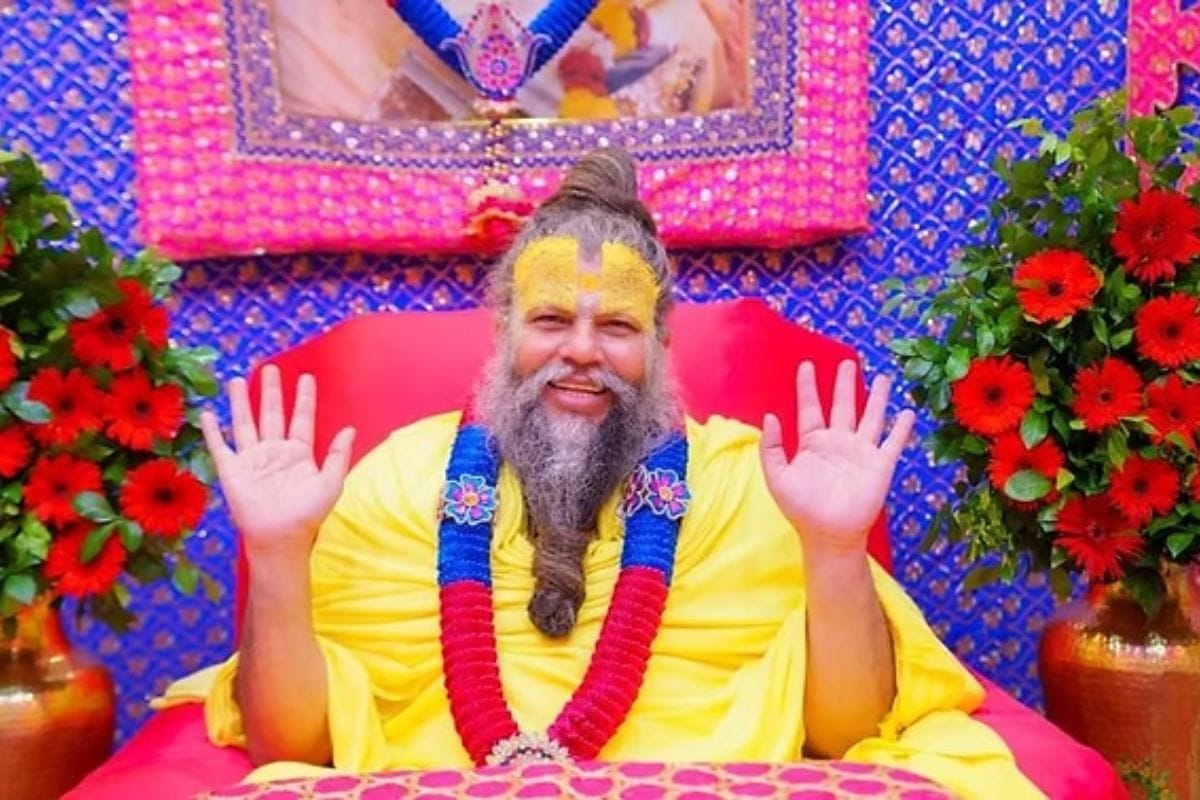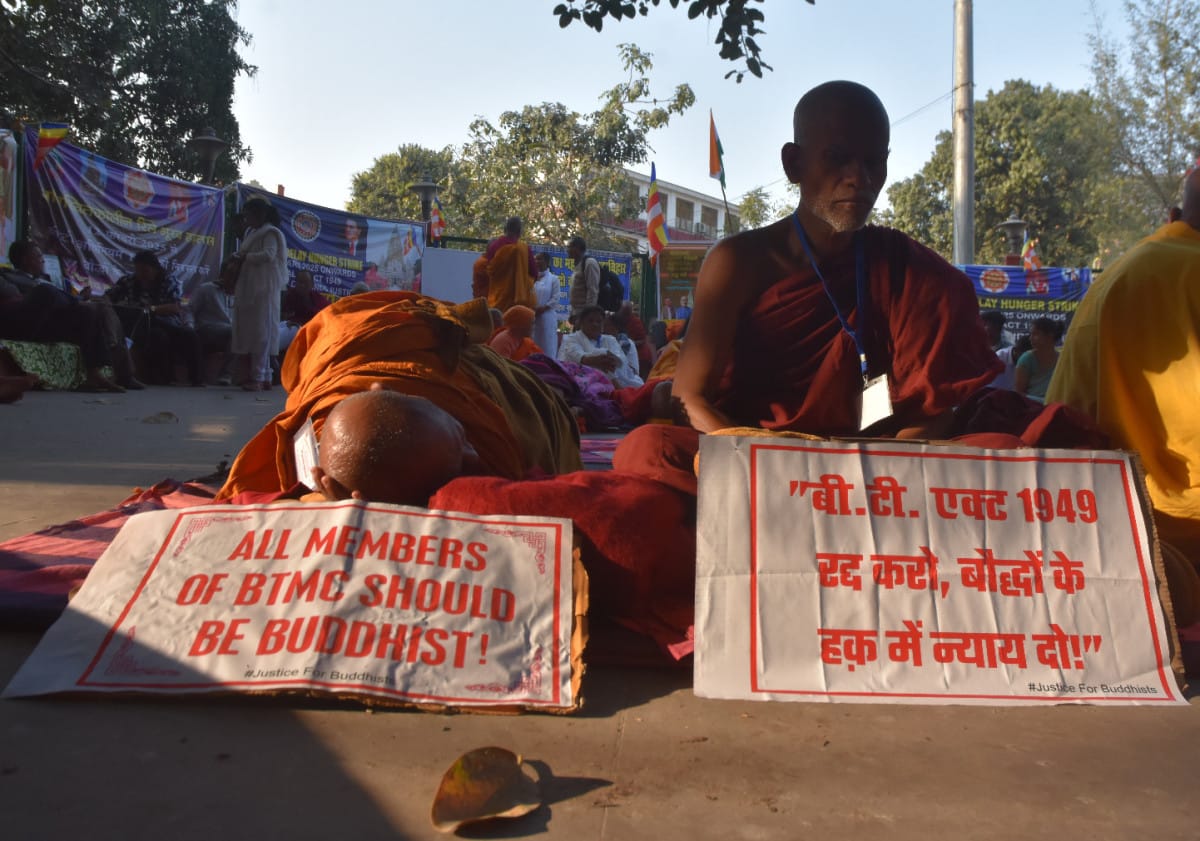Zakia Soman: Work and Achievements
Zakia Soman is the co-founder of Bhartiya Muslim Mahila Andolan (Indian Muslim Women’s Movement), which was formed in January 2007. The BMMA is an autonomous, secular, rights-based mass organization led by Muslim women which fights for the citizenship rights of Muslims in India as well as for gender justice in Islam. It has demanded a ban on the practices of ‘Triple Talaq‘ (oral unilateral divorce), and polygamy among Muslims in India. It has also petitioned the Prime Minister for passing a reformed Muslim Personal Law.
Zakia Soman hails from a middle-class Muslim family from Ahmedabad, Gujarat where she has also taught as a university professor. She is the founder of Centre for Peace Studies which is engaged in knowledge activism for peace, tolerance, diversity, and rights of minorities. She heads the Peace and Human Security theme in Action Aid. She is a member of SAAPE (South Asian Alliance for Poverty Eradication) which engages with the issues of excluded and marginalized communities regionally. Her articles advocating rights of Muslim women, and tolerance and harmony with other communities have been published by various Indian publications. She has edited a book on Dalit Muslims, and a volume on peace and justice in South Asia. She has authored two books, led two national research studies, and worked as an editor in a leading English newspaper. She received the Outstanding Women Achievers award from the National Commission for Women in 2014. She was featured in BBC’s 100 Fearless Women in November, 2015.
Need To Reform Muslim Personal Law
Zakia Soman visited Ambedkar University, Delhi (Kashmiri Gate campus) on 30th September, 2016 to deliver a talk on the ‘Need To Reform Muslim Personal Laws‘ at the invitation of the Department of Gender Studies, School of Human Studies, Ambedkar University Delhi. She interacted with the students and faculty, and discussed her views on the existing Muslim Personal Law in India and the urgent need for its reformation, the rights of women in Islam, and her experience as a founding member of the Bhartiya Muslim Mahila Andolan.
Below is a written brief summary of what she said during the talk.
Zakia Soman began the talk with a few words on the nomenclature of Bhartiya Muslim Mahila Andolan (BMMA). She told that they did much brainstorming before coming up with a name that successfully performed the twin tasks of denoting a certain religious identity and reflecting values of secularism. They decided to include ‘Bhartiya’ (Indian) as the very first word in the movement’s name to emphasize their Indian identity, to highlight their faith in the Indian Constitution, and to assert that Muslims are as much Indian as any other non-Muslim community in India. She added that the word ‘Bhartiya’ belongs to all Indian people equally and not to a certain variety of people only. The word ‘Andolan’ was chosen because they thought that the magnitude of the problem was so huge that an organization or NGO wouldn’t be enough to fight it; it had to be fought at the level of a movement. ‘Andolan’ implies that the movement is basically a protest against those discriminatory, patriarchal practices within and outside the Muslim community that lead to the oppression of Muslim women.
Zakia Soman said that she and her fellow activists studied the situation of Muslims in different regions of India, and realized that there was an urgent need to work in the direction of development, reform and welfare of the Muslim community through legal aid. Hence BMMA was formed. They decided that it would be a membership-based organization, and men and women from all backgrounds would be allowed to join it, provided they agreed with their values and mission. They decided to focus on the issues of education, health, livelihood, security, and law. During the third year after the formation of the BMMA, the organization’s activists working in the all the fifteen member states started sending reports to their main office based in Mumbai that women who had been unilaterally divorced by their husbands came to them for help as they had nowhere else to go. It was then that law and legal reform became a major issue to work on for BMMA. They realized that they could not ignore such a severe ground reality, and needed to do something about it.
In 2014, the BMMA released a draft of the Muslim Family Act which, she told, was the outcome of “almost eight years of painstaking consultations with religious scholars, ordinary citizens, ordinary Muslim men and women all over the country.” They asked Muslim women about their views on the appropriate method of divorce, and the right age of marriage. These women unanimously opinionated that the right age of marriage should be 18 years and 21 years for women and men respectively. Some women even said that it should be 21 years for both men and women. When asked about their views on polygamy, Soman told, none of those women agreed to the polygamy proposition in any way under any circumstances. Soman shared one of her experiences while she was addressing a group of Muslim women in West Bengal. She asked them what could be the possible circumstances under which polygamy would be somehow acceptable to them. She went on to recount various conditions such as if the first wife cannot bear children, or is bed-ridden. Suddenly, a woman stood up and said that if it was possible for men to give legit reasons to have more than one wife, she could as well give enough reasons to have more than one husband.
All the women that Soman interviewed were against the abusive practices of triple talaq and polygamy. They were aware of their property rights too as given to them by their religion, and complained that they had been taken away from them. They also raised the issue of non-payment, or underpayment of mahr. Mahr (transliterated as ‘meher’) is a mandatory payment in the form of cash or possessions paid by the groom to the bride at the time of marriage that legally becomes her personal property. According to Qur’anic injunction, the bride is entitled to state the amount and kind of mahr she would like to receive from her husband. This, again, has either been ignored, or reduced to a joke of Rs.786 by the patriarchal elements in the Muslim community. Thus, all these feedbacks and suggestions from ordinary Muslim women were taken into account during the framing of the Muslim Family Act. Zakia Soman expressed that it was amazing to see how those ordinary Muslim women cherished and showed immense faith in democracy and the Indian judiciary for justice.
Zakia Soman talked in detail about the existing leadership in the Muslim community. She said that whatever exists by way of a leadership in the Muslim community is all male, patriarchal, conservative, and comprised of people whose primary identity is a religious identity. These so called leaders and self-proclaimed custodians of Islam have failed in protecting the rights of Muslim women. She believes that conservative Muslim leaders have largely been responsible for the sad state of so many Muslim women within the family and in the community; they have always interpreted and preached Qur’an through a patriarchal lens. She mentioned that every effort to bring about a positive transformation in the Muslim community through a reformed personal law has been unsuccessful, thanks to the All India Muslim Personal Law Board which represents the community’s orthodox elements. Therefore, Indian Muslims need a new, more secular and progressive form of leadership. For this purpose, BMMA has started a Women Qazi training institute called Darul Uloom Niswaan. She proclaimed that it is high time women start reading and interpreting religious scriptures on their own to know about their rights and assert their equal status in the society.
Soman declared that the BMMA shares both the constitutional as well as Qur’anic values. She told that in the last ten years they have realized that there is no contradiction between the Qur’anic values and the Constitutional values; Qur’an definitely gives rights to women in matters of marriage, divorce and inheritance. They have enough religious material to support their claim for women’s rights. She added that the male stakeholders of religion do not have a monopoly over the holy book, and they are not the only ones who possess knowledge of religious teachings. “Don’t tell us what is written in Qur’an. We also know the Qur’an.”
Zakia Soman pointed out the grave injustice in the system through the example of divorce. She said that a Muslim woman who wants divorce must first of all know that she too has the right to seek divorce from her husband and that such a law exists, then she must find a lawyer, approach the court, file a case, attend all the judicial proceedings, and wait for the verdict. A Muslim man, on the other hand, has to just pronounce “Talaq talaq talaq” and the marriage is dissolved right away. The woman thereafter has no option but to quietly leave her husband’s house. She gave Shaira Bano’s example, the woman who was divorced by her husband through triple talaq and her children were snatched away from her. Soman asks, “Why does the Indian judiciary allow such discrimination and injustice against Muslim women? Why must the Muslim women live as second class citizens?” If there can be a Hindu Marriage Act, Hindu Succession Act, etc why can’t there be a Muslim Family Act?
Soman said that the Islamic Shariah is a law, and laws are man-made, not divine. Therefore, they can be and must be amended and adapted according to the needs of the society. She added, “Our heaven and hell is here too. Think about this life first.”
About the Uniform Civil Code, Zakia Soman said that that would be an extreme kind of measure; the need of the hour is to bring reforms within the Muslim Personal Law to render it gender-just, and not to impose a Uniform Civil Code upon Muslims against their wish. She claimed that their version of Muslim Personal Law is more nuanced than the Uniform Civil Code. Also, one must not complicate things and take an extreme path. One must not ignore that there’s already a lot of opposition and aggression from the orthodox section of Muslims. Soman enunciated that the Muslim Personal Law requires major modifications which should be in conjunction with the Qur’anic injunctions and also in keeping with the values and principles enshrined in the Constitution of India.
Soman was asked various questions by students present in the audience. One of the students asked, “Do you ever worry about your voice being appropriated by the Hindu right-wing politics?” To this, she replied that she is aware of the fact that it is a sweet voice to them, and they can very well employ it for their own agenda, but this shouldn’t stop them from asking for their rights. She also told the students that she has been labelled as a ‘right-wing Hindu agent’ by orthodox members of the community. They haven’t stopped there, and even circulated a WhatsApp message against her with her photograph, family and personal details in it. It says things like Zakia Soman is not a true Muslim; she has recently created a ‘Fitnah‘ (rebellion) in the Haji Ali Dargah, and she is an enemy of Islam. Zakia Soman said that she has learned to ignore such things and focus on her objective.
One of the students asked, “What kind of reaction have you received from conservative people and religious leaders as a BMMA founding member and activist?” She answered that it has not been an easy path for her and her fellow activists. She said, “We were the first ones to call the bluff of Muslim Personal Law. For the pall bearers of Ummah, we are like thorns in their Islam.”
On the question of mandatory Hijab, Soman agreed that women should not be forced into wearing it. They should not be asked to wear burqa just because it is a distinct symbol of their religious identity. She objected, “Why wear your religion on your sleeve?” She said that pluralism within the Muslim community should be accepted. She added, “Just like a Hindu Rashtra dream, there is an Islamic nation dream too. These undercurrents raise their heads when given a chance.” Therefore, respect for plurality and secular values is very important.
Zakia Soman ended the talk by saying that she is full of hope that the court will support their cause and a positive change will arrive. She will continue to fight until it happens. She declared, “Our dialogue will be open in public space without budging from our position.”
About the author(s)
Hira is a part-time researcher-writer and full-time existentialist. She passionately consumes philosophy, literature and cinema. Her areas of interest include World Literature, Sexuality Studies, Women's Writing and Post-colonial Studies.




